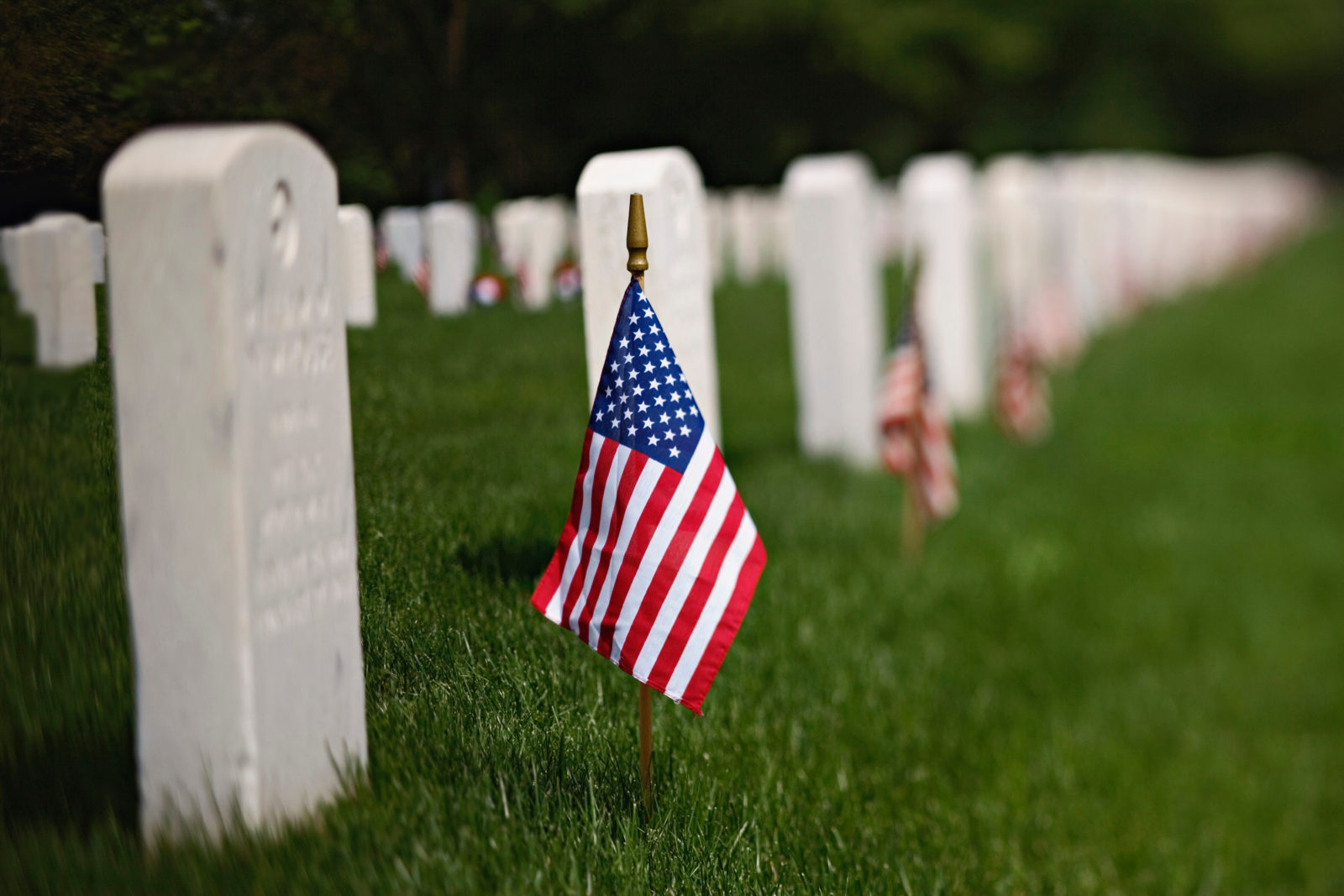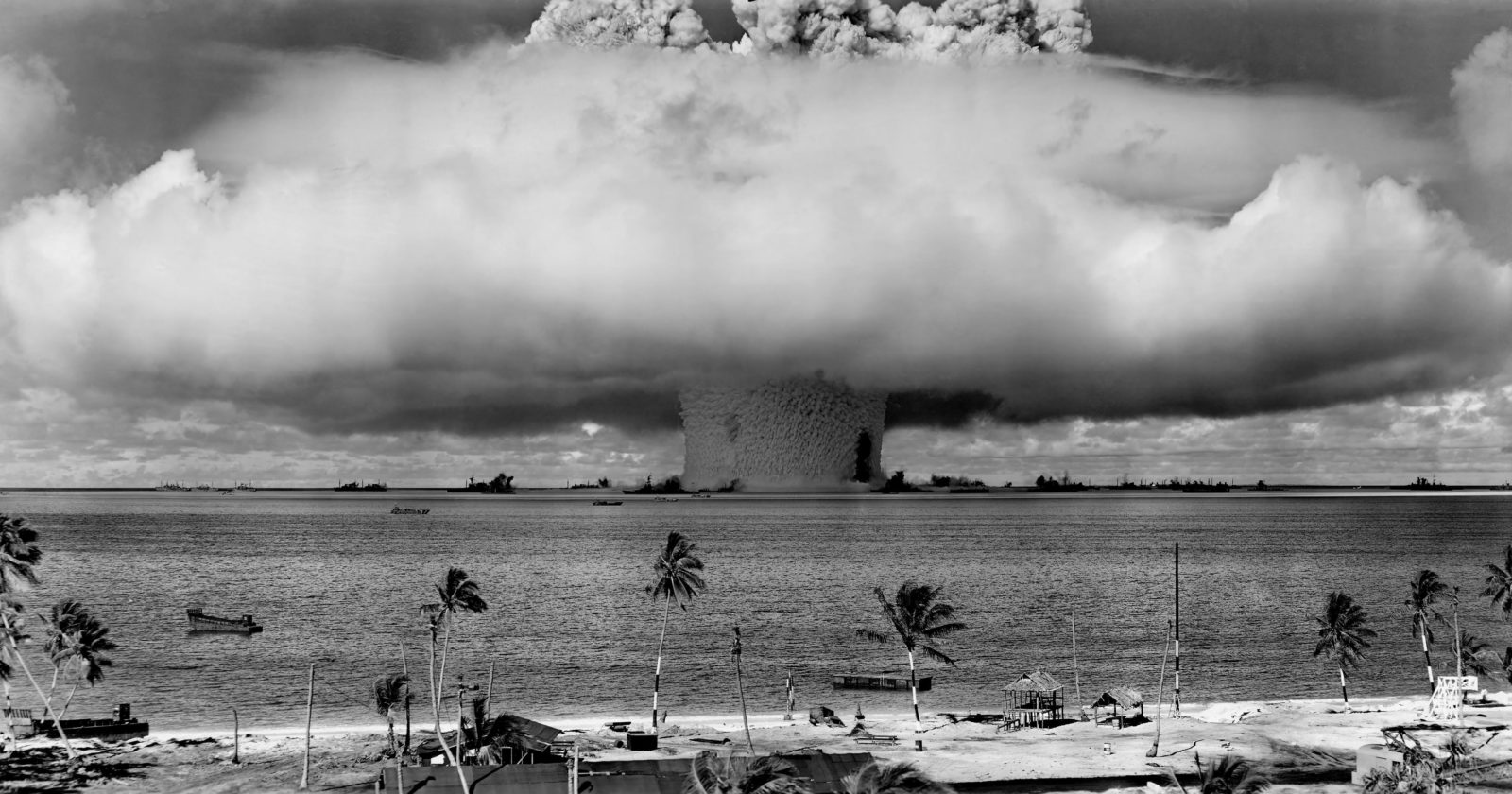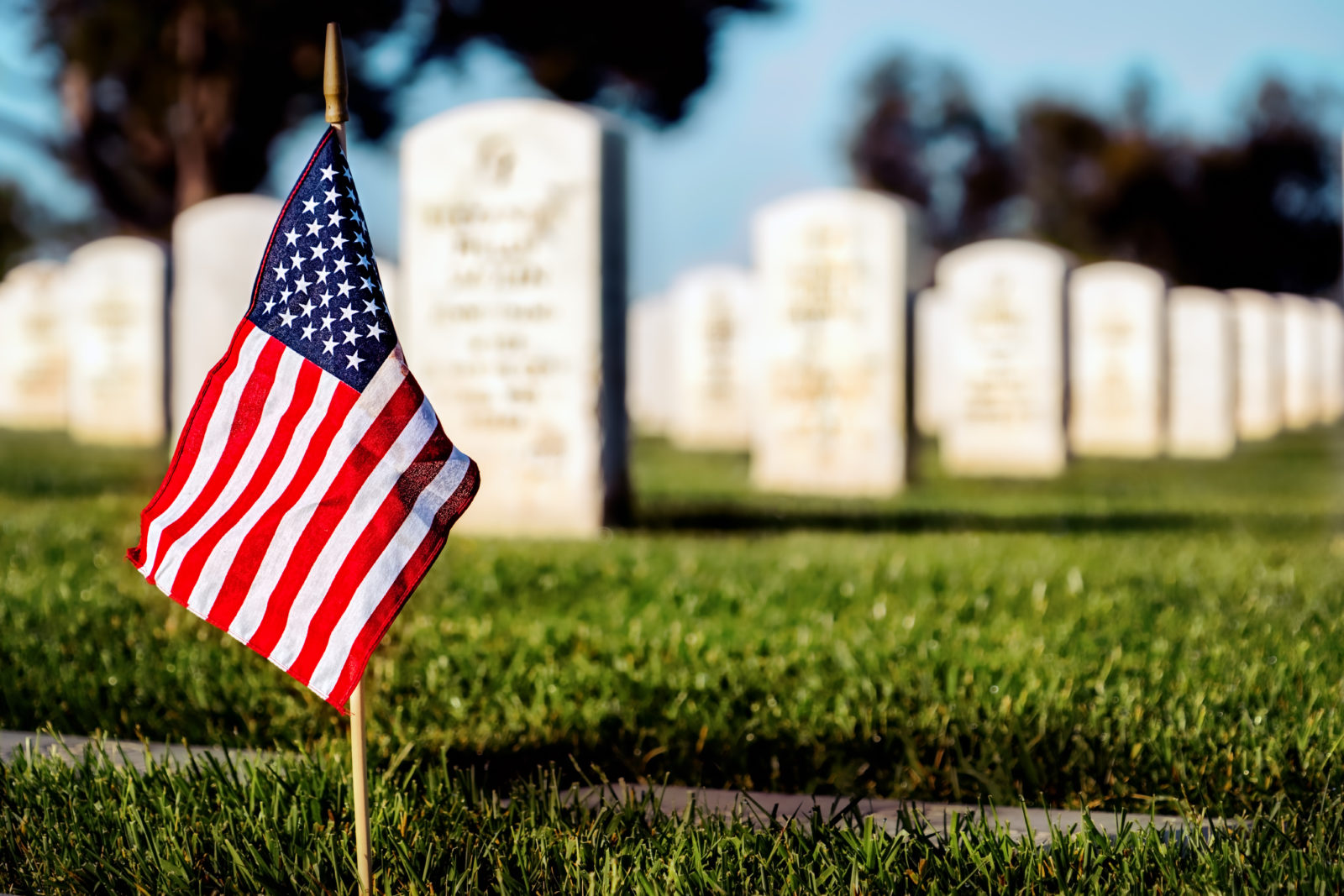


By Keeping The Past Alive, Memorial Day Can Help Us Save The Future

Next Memorial Day, Remember the Atomic Veterans Who Died for Their Country

Memorial Day 2021: Greater Meaning This Year Than Ever Before

Memorial Day: Connecting the Past with the Present
The Big Picture Behind Memorial Day
Memorial Day had its origin as Decoration Day following the Civil War, but it only became an official federal holiday to honor those who lost their lives while serving in the U.S. armed forces in 1971.
Memorial Day had its origin as Decoration Day following the Civil War, but it only became an official federal holiday to honor those who lost their lives while serving in the U.S. armed forces in 1971.
Memorial Day is also an occasion to associate those who died in the just causes for which the United States was willing to go to war. World War I, World War II, Korea and Vietnam were conflicts where freedom was clearly at stake. The post September 11 engagements in Afghanistan, Iraq and Syria remain a bit more complicated, being associated with responses to abuse of power in divided countries and to transnational radical Islamist terrorism.
October 2018 marks the commemoration of 25 years since U.S. forces suffered defeat in Somalia. But we still commemorate the courageous Army Rangers and Delta Force members who fought and died in the chaotic streets of Mogadishu so that their fellow soldiers could survive against overwhelming odds, depicted in the popular film “Black Hawk Down.”
Some U.S. military engagements were ill-advised and injustices were committed along the way. History shows that the injustices were probably greater in actions taken by Washington politicians and bureaucrats than by the military in the field. For instance, the government’s willingness to authorize and deploy military force — putting American lives in harm’s way without clear and realistic objectives and plans for victory — was the great injustice of the Vietnam War. In other cases, such as in Iraq, President Obama’s political decision to withdraw U.S. military forces by the end of 2011 directly led to the injustice of reversal of hard-fought gains made by the military in the prior eight years, and resulted in a power vacuum filled by the rise of ISIS and growing Iranian influence.
While remembering those who died in defending U.S. interests in conflicts large and small is a central purpose of this holiday, Memorial Day takes on its deepest meaning when we connect it with our roots. Americans were unique in sacrificing their treasure and giving their lives to found the first country in history establishing that all people have natural rights that come from God rather than from rulers or government. The Declaration of Independence affirmed the equality of all people and that they were endowed with unalienable rights to life, liberty and the pursuit of happiness. Thus, when Americans sacrificed their lives in military service, it was not just to defend the United States, but it was also to uphold the natural rights and spiritual values associated with the nation’s founding — and which remain exemplary and true for all time and people.
There were times and places in human history when there were nation-states of cultural achievement, virtue and efflorescence, such as in Periclean Athens, in the Florence of the Medicis, and in England of Queen Elizabeth and Shakespeare. But none were founded the way America was — that is, by a collection of human genius who prayerfully approached drafting a constitution that would mitigate corruption and abuse of power while also protecting the citizens’ unalienable, God-given rights and enabling them to rise to levels closer to the divine image in which all were created than they would have under any government previously conceived. Yet another significant part of celebrating Memorial Day is associated with the example set by Americans in how they treated their vanquished foes.
The respect that Gen. Douglas MacArthur and the occupying American forces displayed after Japan’s surrender amazed the people, who assumed the victorious Americans would execute their beloved emperor and plunder, and treat them in ways similar to what Japanese soldiers did to those they had conquered in East and Southeast Asia. The courtesy, helpfulness and respect shown by the Americans won the Japanese people’s trust and acceptance of the occupation’s policies that forced fundamental change on the country — rewriting their constitution and laws, and reorganizing the ownership of land and business to provide more fairness and opportunity.
In Europe after armistice, the war-indebted United States launched the Marshall Plan that gave some $125 billion (in current dollar value) in economic support to help reconstruct war-devastated regions in Western Europe. Major initiatives included rebuilding industry — even giving the Europeans a leg up with the building of state-of-the-art factories and facilities that were in many cases more efficient than what then existed in the U.S.
In sum, Memorial Day means more than remembering those who died in military service to the country. It means connecting with a heritage that began with a courageous and faithful group of Founders, who risked their lives for the birth of freedom and the establishment of America as a “shining city on a hill.” It also means remembering what made “the greatest generation,” who — after forfeiting so many lives to assure victory for the Allied nations in World War II — then sacrificed more to rebuild and preserve the independence of its former enemies.
Read More ›